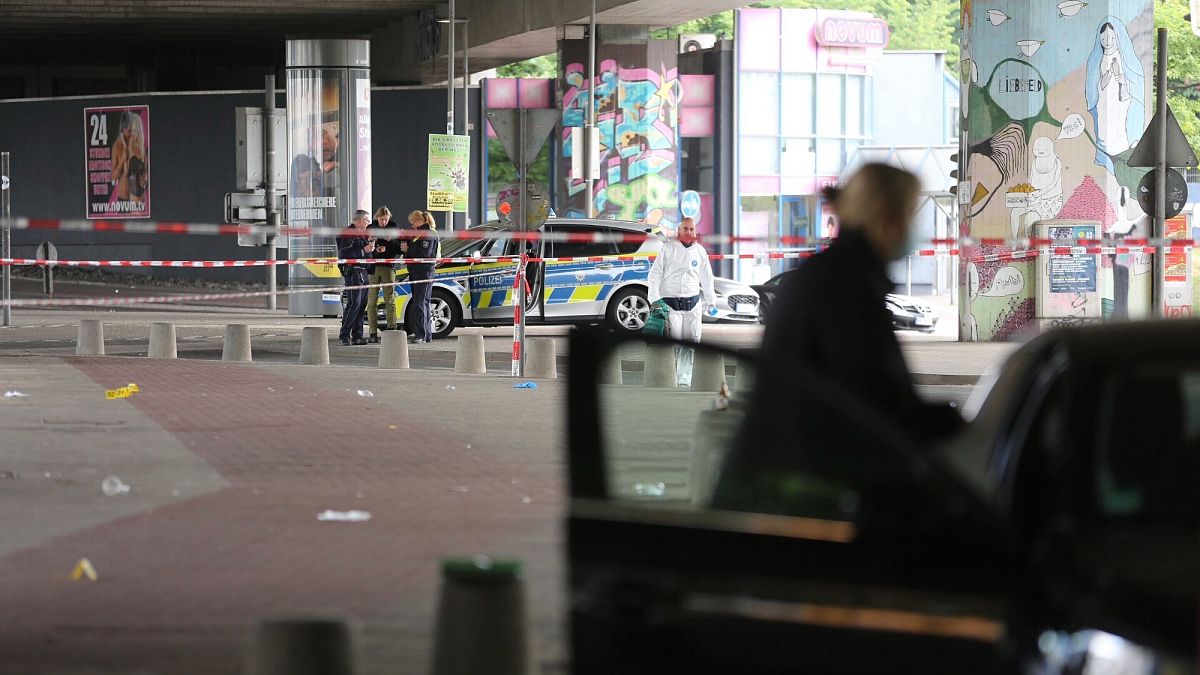

In recent days, various international legal and diplomatic activities have surfaced, highlighting cooperative efforts and tensions across the globe. From European legal operations to Middle Eastern diplomatic moves, these events underscore the intricate web of global relations.
In Germany, legal proceedings are being advanced as the federal prosecutor’s office steps in to manage terrorism-related cases. This development follows the issuance of an arrest warrant for a Syrian national allegedly involved in a stabbing incident. The intervention by federal authorities reaffirms Germany’s commitment to address terrorism with a coordinated legal approach.
Meanwhile, a major crackdown on illegal pharmaceuticals has been orchestrated by global law enforcement agencies, shedding light on the increasing demand for unauthorized substances like Ozempic and peptide supplements, particularly in Europe and affluent regions. This extensive bust confiscated drugs valued at €57 million, underscoring the scale of the black market operations and the ongoing challenges faced by authorities to control these illicit activities.
In Central Europe, the Czech police have made significant strides in countering radicalization, detaining five teenagers believed to be influenced by the so-called Islamic State through online platforms. This action, conducted in collaboration with Austrian counterparts, involved the seizure of weapons, including knives and axes, marking a pivotal step in disrupting potential threats before they manifest into acts of violence.
Turning to developments in the Middle East, the Iranian parliament has cast a decisive vote to suspend collaboration with the UN’s nuclear oversight body, criticizing the International Atomic Energy Agency for not taking a stance against recent assaults on Iran’s nuclear sites. This move signals a potential shift in nuclear diplomacy and raises questions about future interactions between Iran and the international community.
Furthermore, evolving security dynamics in Eastern Europe are evident as debris from drones found in Ukraine suggests the utilization of Iranian technology by Russia. Experts caution that while markings on these drones are not definitive proof, they exhibit characteristics consistent with Iranian design. This finding adds complexity to the already tense geopolitical relations in the region.
On another front, Central America is witnessing judicial interventions with a Costa Rican court ordering the release of migrants who were relocated under controversial circumstances originating from an agreement between Costa Rica and the Trump administration. The court’s ruling affects around 200 individuals, including 80 children, from countries like Afghanistan and Iran, placing attention on human rights concerns and the treatment of displaced populations.
These diverse international developments reflect an array of legal, security, and diplomatic challenges and endeavors being navigated by countries and international bodies. Each action, a thread in the broader tapestry of global relations, beckons the world community to address not only immediate concerns but also the underlying issues that give rise to such scenarios.
Source: {link}
